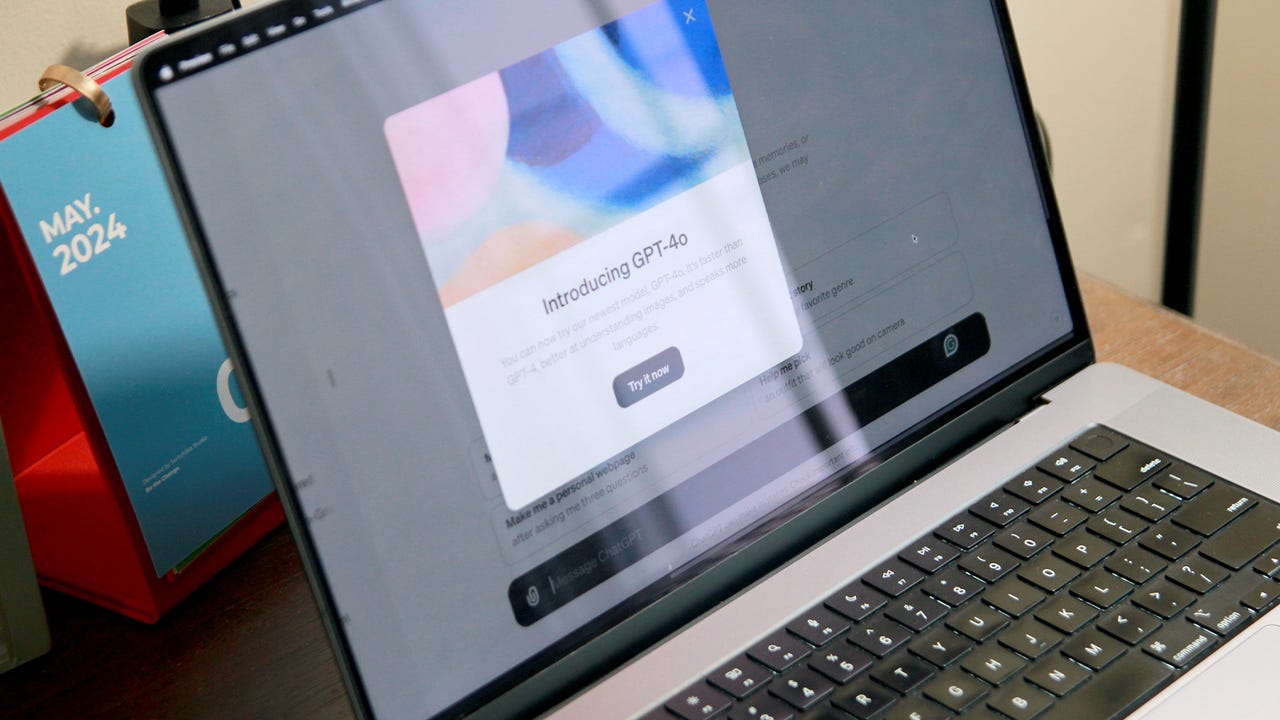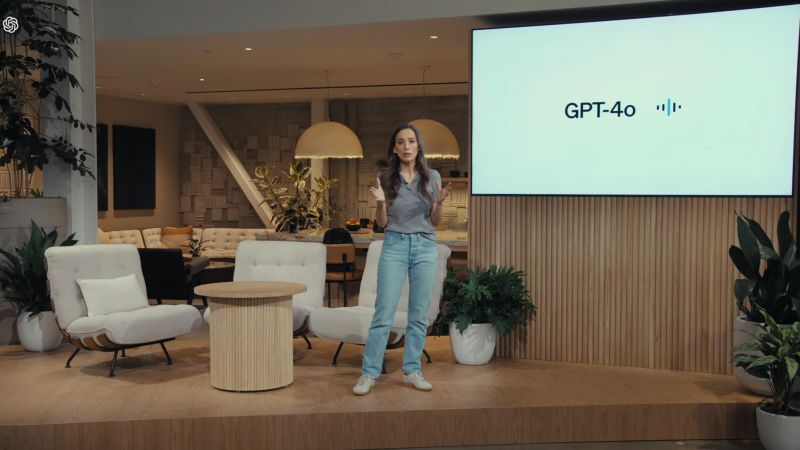
OpenAI, the artificial intelligence research laboratory, has recently unveiled its latest language model, GPT-4o. This new model is expected to make ChatGPT more intelligent and user-friendly than ever before. According to OpenAI executives, ChatGPT will soon be capable of real-time spoken conversations and interactions using text and vision.
The announcement came with a series of demonstrations that showcased the AI's ability to speak in human-like voices, sing parts of responses, and even discuss images. OpenAI CEO Sam Altman described the new voice mode as the best computer interface he has ever used, comparing it to AI from movies.
However, some experts have raised concerns about the potential impact of such advanced AI on various industries and jobs. Maribel Lopez, an AI analyst from Lopez Research, stated that multimodal models like GPT-4o will change the way we work in various industries. While manual workers such as electricians and plumbers can use multimodal AI to make their jobs easier, computer workers may need to adapt their skillsets as AI takes over certain tasks.
Despite these concerns, OpenAI remains committed to developing safe and beneficial AI. The company did not acknowledge potential risks during its demo but emphasized its dedication to creating technology that will have a positive impact on society.
The new ChatGPT model is available for free, meaning anyone can access OpenAI's most advanced technology through the platform. However, some users have noted that the AI's flirtatious responses and sultry female voice may raise ethical concerns. The mass production of such a voice raises questions about reinforcing patriarchal gender norms and perpetuating harmful stereotypes.
As OpenAI continues to develop its technology, it is essential to consider the potential implications for various industries, jobs, and societal norms. It remains to be seen how this new AI model will impact our daily lives and what steps we can take to ensure that the benefits outweigh any potential risks.



